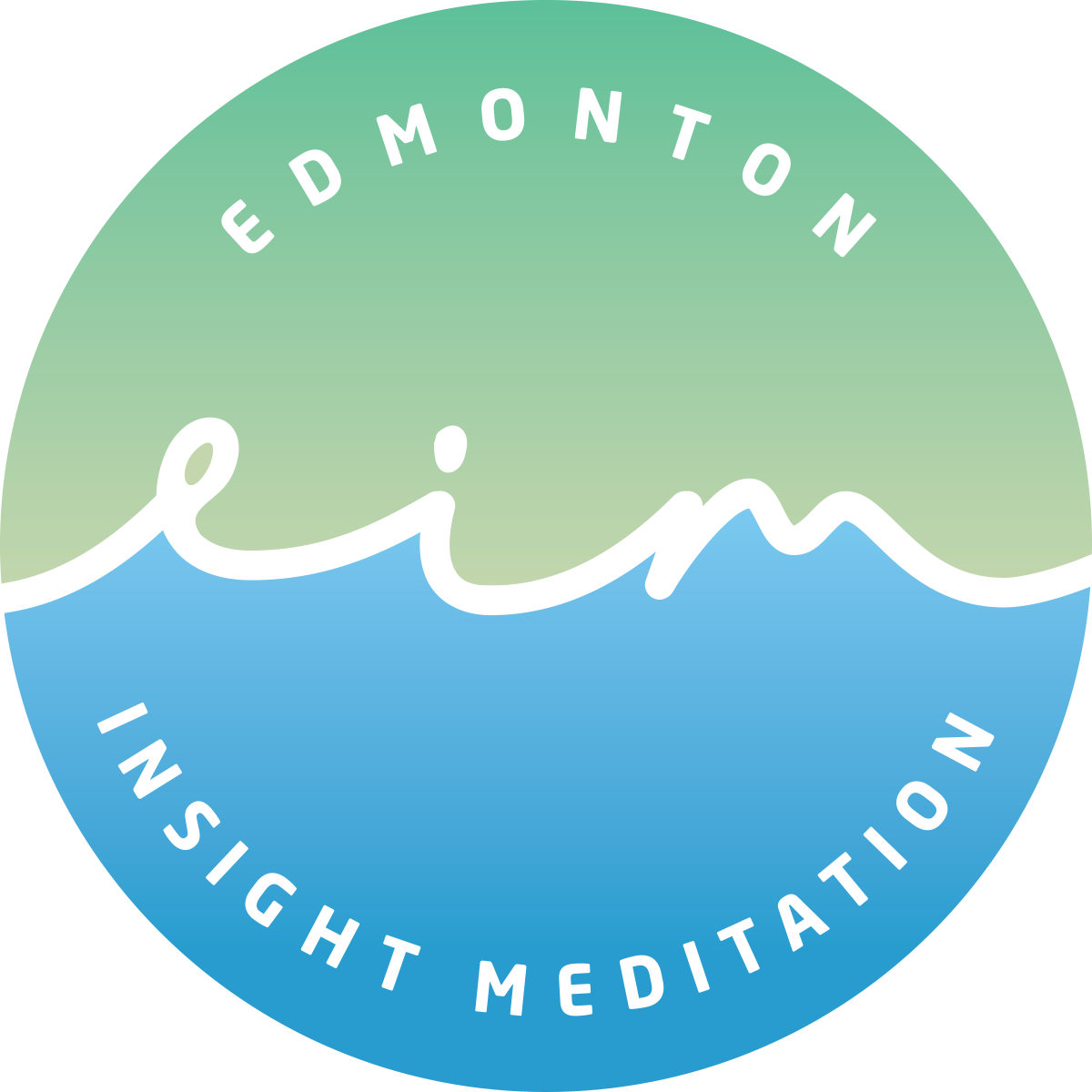
Code of Ethics
This Code of Ethics is adapted from Spirit Rock, IMS, Gaia House and Portland IMS. This document is founded on the basic Five Precepts.
We recognise that the foundation of spiritual life rests upon a mindful and caring relationship with the life around us. While we seek to observe these commitments in all parts of our lives, we recognise that we also need to honour the trust between all members within our sangha (practice community).
We believe we need to foster and uphold a safe environment in which community members can lower their guard and cultivate inner focus. Therefore, it is extremely important to have a high level of personal integrity and seek to maintain clear boundaries in the sangha.
These guidelines are expected to be respected by Teachers, Community Dharma Leaders, and Sangha members.
There is an additional section relevant for when the teacher is also a psychotherapist. This entails an overlap in the teacher-student relationship that can become that of psychotherapist-client.
There is also an additional section on a Harassment Prevention Policy.
Any community member or sangha member who witnesses or is the target of unethical behaviour by EIM Teachers, organizers or sangha members is encouraged to bring this to the attention of EIM Council, who can then help to address the concerns being brought forward, in a respectful and confidential fashion.
First Precept: We undertake the training to refrain from harming living beings.
In undertaking this precept we acknowledge the interconnection of all beings and our respect for all life. We agree to refine our understanding of not killing and non-harming in all our actions life.
In community life we agree to be mindful of our position and potential power in interactions, and to behave in ways that do not cause harm. We will honor the dignity of all by respecting individual values, culture, conscience, and spirituality. We recognize the inherent imbalance of power in the student-teacher relationship and do not accept this to be exploited.
Second Precept: We undertake the training to refrain from taking what is not freely offered.
We agree to not take that which does not belong to us and to respect the property of others. We agree to bring consciousness to the use of the earth’s resources in a respectful and ecological way. We agree to be honest in our dealing with money.
Third Precept: We undertake the training to refrain from sexual misconduct.
We agree to avoid creating harm through sexuality and to avoid sexual exploitation or relationships of a sexual manner that are outside of the bounds of the relationship commitments we have made to another or that involve another who has made vows to another. Teachers, leaders and facilitators in committed relationships will honor their vows and refrain from adultery. All Sangha members agree not to exploit others in order to have a sexual relationship with another community member.
Between teachers and students, the following guidelines are crucial.
A sexual relationship is never appropriate between teachers or leaders and students.
During retreats or formal teaching, any intimation of future student-teacher romantic or sexual relationship is inappropriate.
If interest in a genuine and committed relationship develops over time between a single teacher and a student, the student-teacher relationship must clearly and consciously have ended before any further development toward a romantic relationship. Such a relationship must be approached with restraint and sensitivity – in no case should it occur immediately after retreat. A minimum time period of six months or longer from the last formal teaching between them, and a clear understanding from both parties that the student-teacher relationship has ended must be coupled with a conscious commitment to enter into a relationship that brings no harm to either party.
Fourth Precept: We undertake the training to refrain from false speech.
We agree to speak that which is true and useful and to refrain from gossip in our community. We agree to hold in confidence what is explicitly told to us in confidence. We agree to cultivate conscious and clear communication, and to cultivate the quality of loving-kindness and honesty as the basis of our speech. We agree to speak up or seek appropriate consultation when remaining silent may cause harm to self or others, and to keep silent when words are likely to cause harm.
Fifth Precept: We undertake the training to refrain from the misuse of intoxicants.
It is clear that substance abuse is the cause of tremendous suffering. We agree not to abuse or misuse intoxicants at any time. We agree that if any Sangha member displays a drug or alcohol addiction problem, it should be acknowledged and compassionately addressed, and provide them with direction to receive help.
When a Teacher is also a Psychotherapist:
For teachers who are also professional psychotherapists, there can sometimes be a lack of clarity when a student requests a dharma consult with them, particularly if requested to meet with the teacher in an ongoing manner. It is up to the teacher/psychotherapist to determine with the student what the primary focus of their dyadic engagement is, and to keep that focus intact for the duration of their meeting time. If this focus shifts over time from a dharma consult into more of a psychotherapeutic process or vice versa, it is the teacher/therapist’s responsibility to address this as soon as possible, and either refer the student elsewhere or mutually agree to re-contract their current relationship. While each discipline influences the other, it is the responsibility of the teacher/psychotherapist to assess and adhere to their primary consciously agreed upon role with the student and/or client. Psychotherapy clients may attend classes and or retreats given by the teacher if determined to be beneficial by both parties. If a student requests psychotherapeutic services from a teacher who is also a psychotherapist, a professional assessment must be made by the therapist as to the appropriateness of shifting into a psychotherapeutic relationship with a student. They should mutually agree upon the necessary boundaries and parameters such a professional relationship entails.
Harassment Prevention Policy:
Edmonton Insight Meditation is committed to providing a safe, and comfortable place for practice, free from discrimination and harassment, where everyone is treated with decency and respect. Harassment will not be tolerated by EIM. It is also important to state that any form of harassment can go beyond being offensive and unwelcome, to being unlawful.
Harassment means offensive, unwelcome physical or verbal behavior that is based on a person’s race, color, national origin, ancestry, religion, sex, sexual orientation, gender identity, age, genetic information, disability, or any other protected status. Harassment may include derogatory remarks, epithets, offensive jokes, the display or circulation of offensive printed, visual or electronic material, or offensive physical actions. Sexual harassment is also unlawful. "Sexual Harassment" is defined as unwelcome sexual advances, requests for sexual favors and other verbal or physical conduct of a sexual nature
Sexual harassment does not refer to behavior or occasional compliments of a socially acceptable nature. It refers to behavior that is unwelcome, that is personally intimidating, hostile or offensive.
